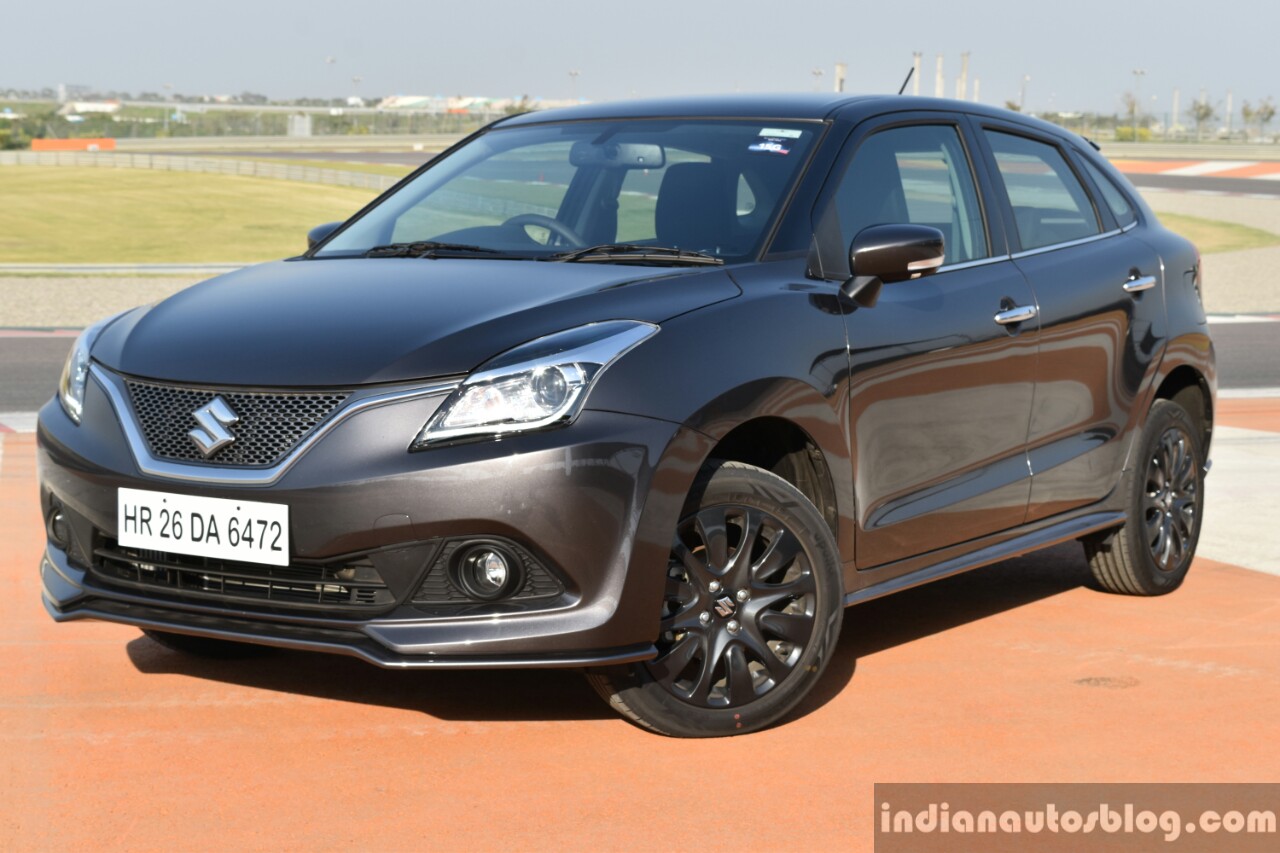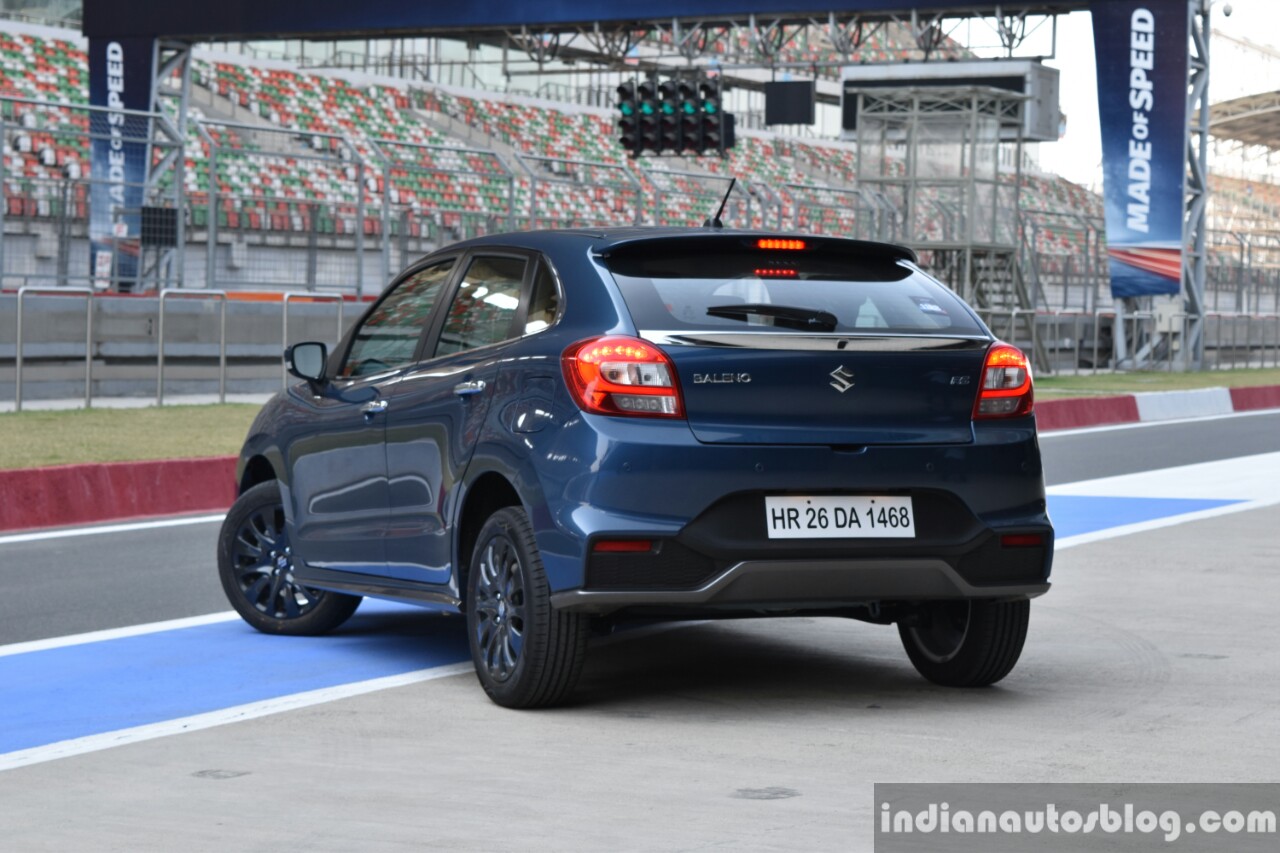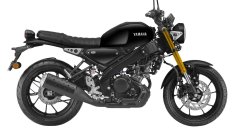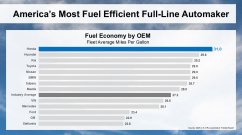Launched in March 2017, the Maruti Baleno RS was Maruti Suzuki’s first performance-oriented product in India. According to a report from The Economic Times, the Maruti Baleno RS is able to achieve only 10% sales of the total sales of the Maruti Baleno.

Speaking to business publication, CV Raman, Senior Executive Director (Engineering), Maruti Suzuki, has revealed that the Maruti Baleno RS is clocking only 900-1,000 units in monthly sales. “They cater to a niche market as it is a performance-based product,” Mr. Raman says.
The Maruti Baleno RS gets a distinct styling with features like unique radiator grille, lower grille and bumpers, smoked headlamps and black paint for the alloy wheels. Its main differentiator, however, is the K10C 1.0-litre BoosterJet engine under the hood. The turbocharged three-cylinder petrol engine develops 75 kW (102 PS) and 150 Nm of torque and is coupled to a 5-speed manual transmission.
Maruti Suzuki does not manufacture this engine. The company imports it from Japan. Direct injection and turbocharing make the 1.0-litre BoosterJet engine expensive for an economical market like ours, not to mention the higher cost of sourcing because it's an import. Moreover, the RS variant is available only in the range-topping Alpha grade. As a result, it is INR 1.09 lakh more expensive than the standard variant.

Also Read: 2018 Maruti Swift launched in India, prices start at INR 4.99 lakh
The Maruti Baleno RS Alpha retails for INR 8,44,803 (ex-showroom Delhi). It competes with the VW Polo GT TSI, which is priced at INR 9,19,600 (ex-showroom Delhi).
[Source: The Economic Times]

























































